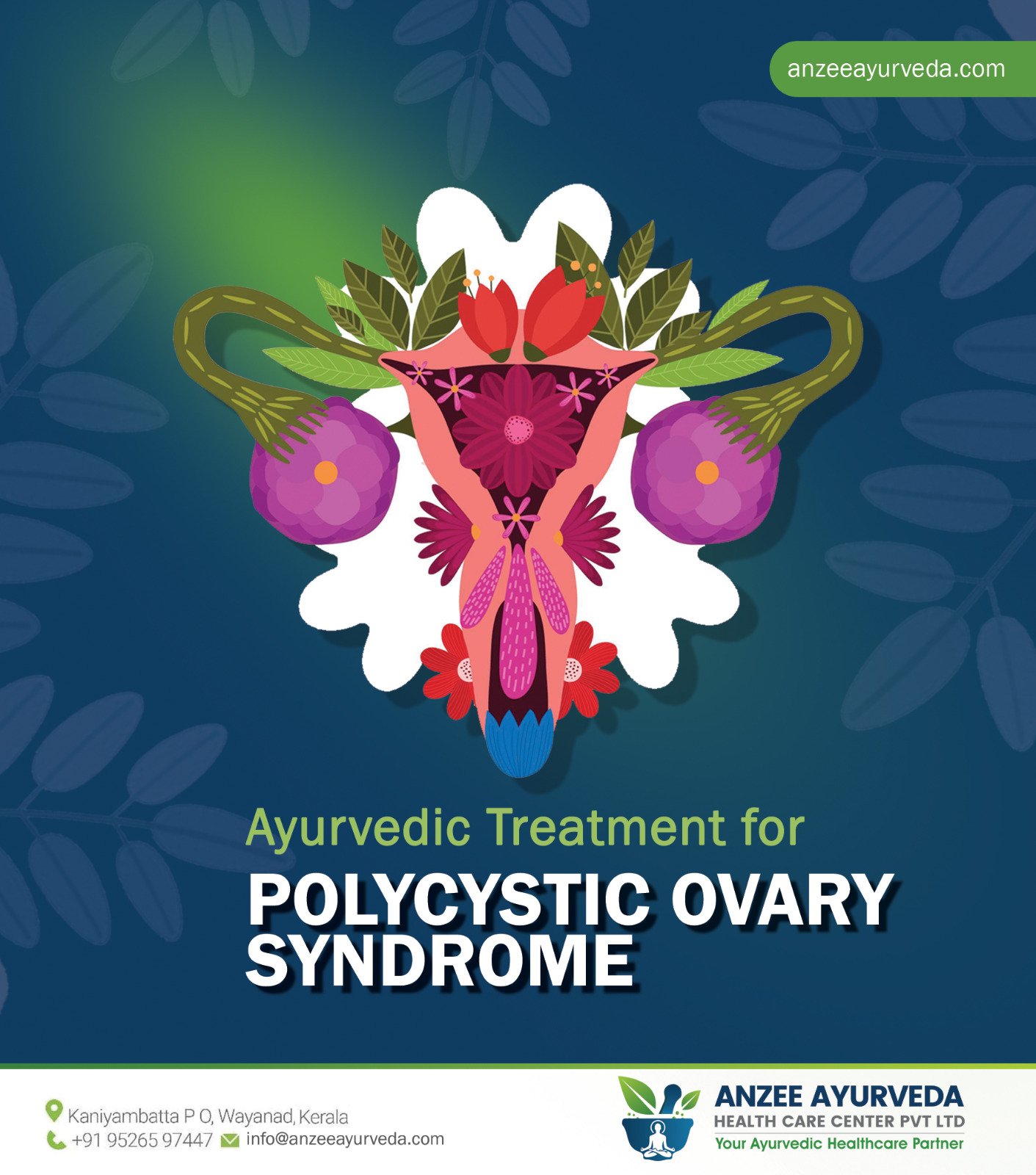Polycystic Ovary Syndrome (PCOS) is a common hormonal disorder affecting women of reproductive age. It is characterized by the presence of multiple cysts on the ovaries and irregular periods, which can lead to fertility problems. Ayurveda, the ancient Indian system of medicine, offers a holistic approach to managing PCOS by addressing the underlying imbalances in the body.
According to Ayurveda, PCOS is caused by an imbalance in the doshas, or the elemental energies that govern the body. Specifically, an excess of the kapha and vata doshas can lead to the formation of ovarian cysts and irregular periods. Therefore, the ayurvedic approach to treating PCOS involves balancing these doshas through diet, lifestyle changes, and herbal remedies.
Dietary ChangesAyurveda recommends a diet that is rich in fresh fruits and vegetables, whole grains, and lean protein. Avoiding processed foods, sugar, and unhealthy fats is also crucial. Additionally, Ayurveda recommends incorporating certain spices and herbs into the diet, such as turmeric, cinnamon, ginger, and fenugreek, which can help balance hormones and reduce inflammation.
Lifestyle ChangesStress can be a major factor in the development and progression of PCOS. Therefore, Ayurveda recommends reducing stress through practices such as yoga, meditation, and deep breathing exercises. Regular exercise is also important, as it can help balance hormones and improve insulin sensitivity.
Herbal RemediesAyurveda offers a wide range of herbal remedies that can be used to treat PCOS. Some of the most commonly used herbs include:
- Ashwagandha – a powerful adaptogen that can help reduce stress and balance hormones.
- Shatavari – a herb that is particularly beneficial for women’s health, as it can help regulate menstrual cycles and promote fertility.
- Guggulu – a resin that can help reduce inflammation and improve insulin sensitivity.
- Triphala – a combination of three fruits that can help regulate digestion and promote hormonal balance.
- Licorice – a root that can help regulate cortisol levels and reduce inflammation.
It’s important to note that while ayurvedic remedies can be effective in treating PCOS, they should always be used under the guidance of a qualified ayurvedic practitioner. Additionally, it’s important to continue any conventional treatments that have been prescribed by your healthcare provider.
In conclusion, PCOS can be a challenging condition to manage, but ayurvedic medicine offers a holistic approach that can help address the underlying imbalances in the body. By making dietary and lifestyle changes, and incorporating herbal remedies, women with PCOS can take control of their health and improve their overall quality of life.





